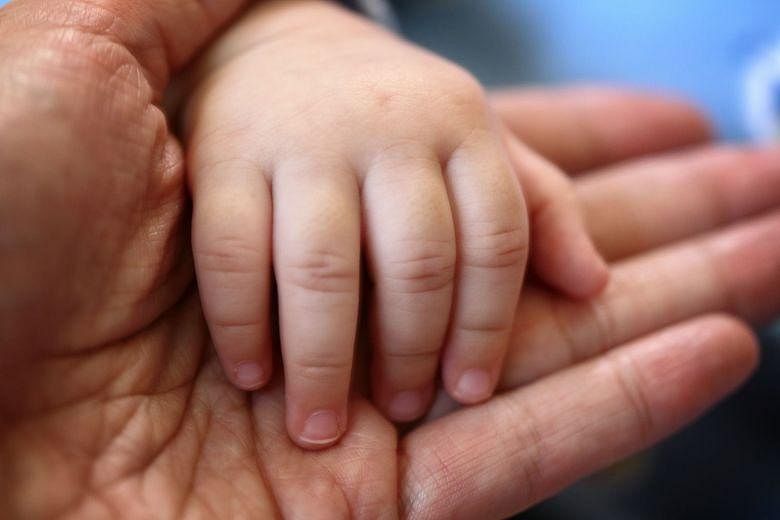SINGAPORE - Singaporeans will decide their own pace of change when it comes to family values, as a rapid push for change may risk polarising society, said Singapore High Commissioner to the UK Foo Chi Hsia in response to an article in The Economist about a surrogacy case involving a gay Singaporean.
The Jan 13 article, "Rules Are Thicker Than Blood", highlighted how a court case had exposed "Singapore's Victorian attitudes to families" and how the country classifies children as "legitimate or illegitimate".
In a response published in the latest edition of The Economist, Ms Foo wrote: "Our values and social norms on what makes for a stable family unit are conservative and shape the Government's policies and rules on adoption.
"They differ from today's Western norms, which are historically recent and by no means uncontested, even in Western societies."
The Economist article was referring to a case reported in December, about a gay Singaporean who had paid US$200,000 to father a boy through surrogacy arrangements in the United States. The Singaporean man, a doctor, has been in a gay relationship with a partner here for 13 years.
While the man was allowed to bring his son back to Singapore as the biological father, he wanted to adopt him to "legitimise his relationship with the child" and applied to a Singapore court to do so.
The boy is now four years old and holds American citizenship. It was argued that if the adoption went through, he might be able to become a Singapore citizen. But the application was turned down.
The case caught the attention of The Economist, which described the ruling by District Judge Shobha Nair as having "firmly laid out that the ideal family unit, in the eyes of the Singaporean state, entails the marriage of a man to a woman".
In response, Ms Foo noted that The Economist article had "derided Singapore's norms on what constitutes a family as 'Victorian'".
She added that pushing for rapid social change, "especially on contentious moral issues, risks polarising society and producing unintended results".
She wrote: "In Singapore nearly all children are born and raised in wedlock, starkly different from what now happens in the West.
"The Economist may think Singapore is quaint and old-fashioned, but time will tell if a cautious approach to social change is wiser."

